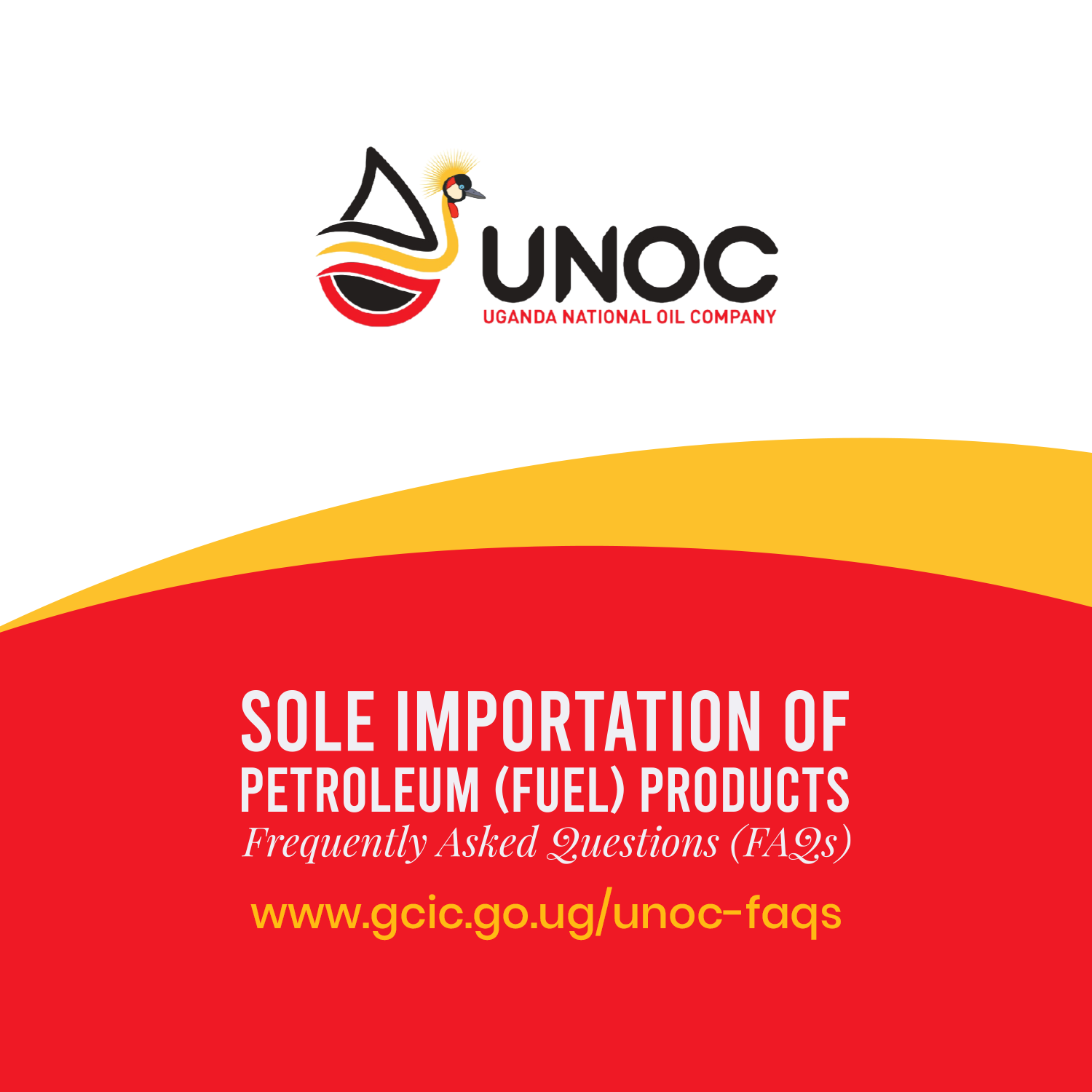By Ben Kumumanya, PS Ministry of Local Government
Uganda has made significant strides in decentralisation, a policy aimed at devolving power and resources from the central government to local authorities. This approach has been instrumental in promoting local economic development (LED) and improving the livelihoods of citizens. The Parish Development Model (PDM), introduced by President Yoweri Kaguta Museveni, has been a game-changer in this decentralisation journey.
In 1997, Uganda embraced decentralisation as a means to empower local communities and promote grassroots development. The Local Government Act of 1997 paved the way for the transfer of power, resources, and responsibilities from the central government to districts, municipalities, town councils, and sub-counties. This move aimed to increase citizen participation, improve service delivery, and stimulate local economic growth.
In Uganda, Local Economic Development (LED) has emerged as a crucial catalyst in the decentralisation process, playing an essential role in driving local economic growth and development. By harnessing the unique talents, resources, and cultural heritage of each community, LED facilitates a grassroots revolution that empowers regions and enables them to flourish in a competitive global economy.
A key component of LED is the support it provides to small and medium-sized enterprises (SMEs). These businesses are often seen as the backbone of the economy, driving innovation, creating jobs, and fostering entrepreneurship. By offering financial assistance, training programs, and mentorship, LED initiatives help SMEs thrive, thus creating a vibrant ecosystem that is vital for sustained economic growth. This support not only boosts local businesses but also stimulates competition and encourages the development of new products and services that meet the needs of the community.
In addition to fostering entrepreneurship, LED is committed to enhancing local infrastructure development. Investments in critical infrastructure such as roads, markets, energy, and communication systems are essential for improving the business environment. Quality infrastructure connects communities, reduces transportation costs, and makes it easier for businesses to operate efficiently. This not only attracts investors but also enhances the overall quality of life for residents by providing better access to goods and services.
Agricultural productivity is another significant focus of LED in Uganda. Agriculture remains a vital sector for many communities, and initiatives aimed at boosting productivity can have far-reaching effects on local economies. By providing training, resources, and access to markets, LED helps farmers increase their yields and profitability. This, in turn, elevates their standard of living and contributes to food security within the regions.
Moreover, LED takes a holistic approach by combining various strategies to address economic challenges. This includes promoting sustainable practices, fostering community engagement, and creating inclusive policies that benefit all segments of society. By engaging local stakeholders in the planning and implementation process, LED ensures that development initiatives are relevant and responsive to the specific needs of the community.
Through these multifaceted strategies, local economic development in Uganda is significantly transforming local economies. By promoting entrepreneurship, investing in infrastructure, enhancing agricultural productivity, and adopting a holistic approach, LED is not only driving economic growth but also improving the overall quality of life for individuals and families in Ugandan communities. This transformation fosters resilience, enabling regions to navigate challenges while capitalising on their unique strengths and opportunities.
President Museveni’s visionary initiative, the Parish Development Model (PDM), has been revolutionising Uganda’s development landscape since 2017. By zooming in on the parish level, the most grassroots administrative unit in the country, this innovative approach is empowering local communities to take charge of their own growth and prosperity, fostering a truly bottom-up transformation that’s putting the power of development in the hands of the people.
The PDM is a revolutionary approach to decentralised development in Uganda, built on a foundation of seven pillars. These pillars are designed to empower local communities to take ownership of their development, promote financial transparency and accountability and unlock sustainable growth and prosperity.
Financial planning and budgeting: ensure that financial resources are allocated effectively to meet the unique needs of each parish.
Revenue management enables local governments to leverage their own revenue streams, promoting financial autonomy and self-sufficiency.
Expenditure management: promotes prudent financial management, minimising waste and maximising the impact of every shilling.
Asset management: Managing public assets and infrastructure ensures that local governments optimise their use, thus promoting sustainability and long-term development.
Risk management: enables local governments to proactively manage risks, minimising the potential for fraud and errors.
Internal controls: promote a culture of transparency and accountability, ensuring that resources are used for their intended purposes.
Financial reporting and auditing promotes a culture of openness and accountability, enabling stakeholders to track progress and make informed decisions.
The elevation of Local Economic Development (LED) to a full-fledged department within the ministry marks a significant milestone in Uganda’s decentralisation journey. This strategic move has yielded impressive outcomes, notably enhanced citizen participation in local governance.
Empowered citizens are now actively engaged in decision-making processes, demonstrating a keen interest in shaping their local development trajectories. Council meetings, once sparsely attended, are now vibrant forums for civic discourse as citizens enthusiastically contribute to development plans and hold leaders accountable.
This surge in civic engagement is a testament to the effectiveness of PDM and decentralisation efforts. By devolving power and resources to sub-national levels, the government has created an enabling environment for grassroots participation, fostering a sense of ownership and responsibility among citizens.
As a result, local development initiatives are now more responsive to community needs, and the benefits of economic growth are more equitably distributed. This groundswell of citizen engagement bodes well for Uganda’s development prospects, as an informed, active, and empowered citizenry is the bedrock of sustainable progress.
Improved access to healthcare, education, and water has also been achieved. Decentralisation has led to increased investment in local infrastructure, resulting in more healthcare facilities, schools, and water sources, such as the new healthcare centre in Gulu District.
The decentralisation initiative in Uganda has yielded tangible benefits for farmers through training and support to improve their agricultural practices. This has led to a significant boost in agricultural productivity, resulting in increased household incomes and improved food security. It has created an enabling environment for local entrepreneurs to thrive. By providing access to resources and support, local innovators have been empowered to start businesses.
However, to further strengthen decentralisation and LED, the Government of Uganda must take additional steps. This includes devolving more powers and resources to local authorities, such as granting districts autonomy over their own budgets, allowing them to make decisions that align with local needs and priorities, and enhancing decision-making processes at the local level, ensuring that communities have a greater say in their development trajectory.
Enhancing capacity building and training for local officials is also crucial; for example, partnering with international organisations to provide workshops and mentorship programs, like the UNDP’s support for local governance training.
The “Clean Water for All” initiative in Kampala, Uganda, exemplifies the power of partnerships between local governments, the private sector, and civil society. The Kampala City Council, Water Utility Company, Hima Cement, Water Aid Uganda, and community groups joined forces to improve access to clean water and sanitation in informal settlements.
Through this collaboration, clean water access was extended to 10,000 households, reducing water-borne diseases by 30%. Improved sanitation facilities, including toilets and showers, were constructed, enhancing hygiene and dignity for residents. The partnership also created 50 jobs for local youth in water management and maintenance, while the water utility company reduced losses by 25% through improved infrastructure and management.
By entrusting local governments and communities with the resources and authority to drive their own development, we are fostering a culture of ownership and accountability. This shift in paradigm has not only unleashed local potential but also promoted inclusive growth, reduced poverty, and improved living standards, while cultivating a sense of community pride and responsibility.
Uganda’s decentralisation journey, spearheaded by LED and PDM, has revolutionised the country’s development landscape. By empowering local communities with a culture of and fostering ownership and accountability, Uganda has made significant strides in promoting inclusive growth, reducing poverty, and improving living standards.
To further strengthen decentralisation and LED, the government must devolve more powers and resources to local authorities, enhance capacity building, and promote collaborative efforts. Ultimately, Uganda’s decentralisation journey serves as a model for Africa, demonstrating the potential of grassroots development to transform lives and communities.





